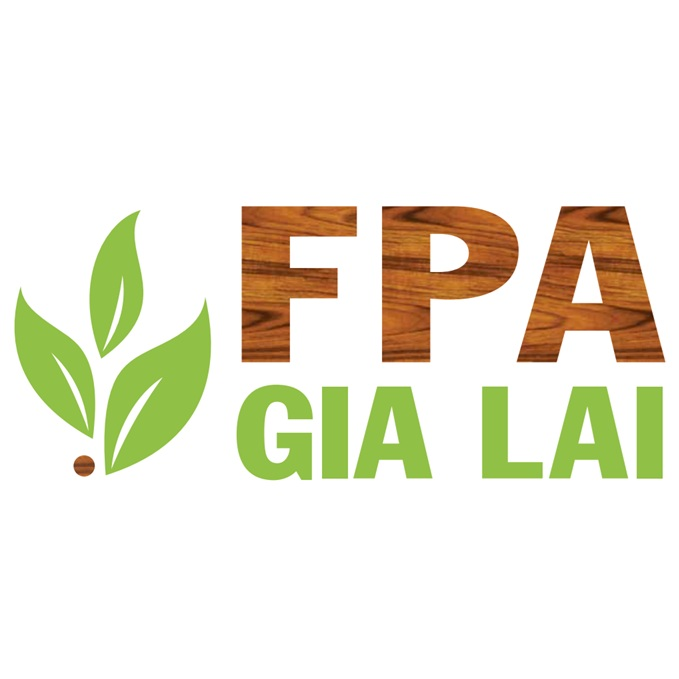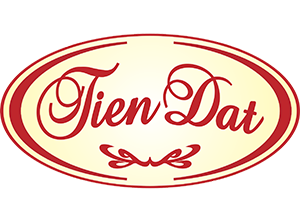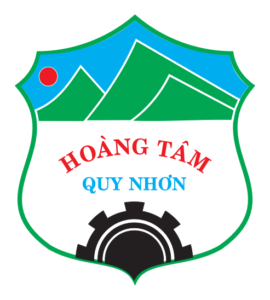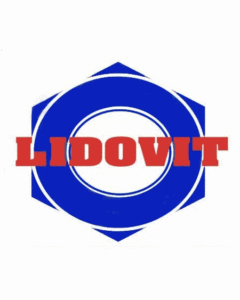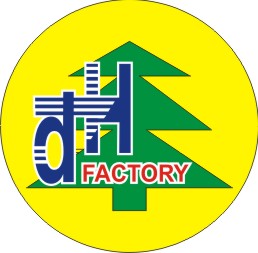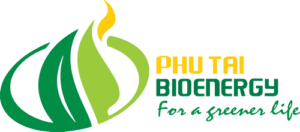The timber is a Light Hardwood with a density of 515-735 kg/m3 air dry. The timber is classified as moderately durable under exposed conditions. It is very susceptible to fungal attacks.
Other name: Ven Ven
The Standard Malaysian Name for the timber ofAnisoptera spp. (Dipterocarpaceae). The common vernacular names applied includekijal (Terengganu), loh (Pahang), medang sawa (Peninsular Malaysia), mersawa(Peninsular Malaysia and Sarawak) with various epithets, pengiran (Sabah) with various epithets, rengkong (Pahang), sanai (Peninsular Malaysia), sepah petri (Negeri Sembilan) and terbak (Kedah, Perlis and Kelantan). Major species include A. costata, A. curtisii, A. grossivenia, A. laevis, A. marginata, A. megistocarpa and A. scaphula. The sapwood is not sharply defined from the heartwood, which is light to dark yellow and darkens on exposure.
Also known as Afu, Dagang, Dagum and Palosapis (Philippines); Anisoptera (Australia); Bak and Mai Bak (Laos); Boilam, Kaban, Kaban thangyin and Kaunghmu (Myanmar); Garawa (Papua New Guinea); Kabak, Krabak, Kra-Bark, Pik and Tabak(Thailand); Ketimpun, Masegar, Mersawa and Mersawa daun lebar (Indonesia); Mersawa (Brunei); Phdiek, Trabak and Ven ven (Cambodia).
AIR DRYING
The timber dries very slowly but with only slight degrades. Minor cupping, bowing and surface-checking are noted during drying. 13 mm thick boards take 6 months to air dry, while 25 mm and 38 mm thick boards take 7.5 and 9 months respectively.
KILN-DRYING
Kiln Schedule E is recommended. The timber dries slowly and maintains high moisture content in the core. 25 mm thick boards take approximately 16-17 days to kiln-dry from 50 to 10% moisture content.
Kiln Schedule E
|
Moisture Content (%) |
Temperature |
Temperature (Wet Bulb) |
Relative Humidity (%)(approx.) |
||
|
° F |
° C |
° F |
° C |
||
|
Green |
120 |
48.5 |
115 |
46.0 |
85 |
|
60 |
120 |
48.5 |
113 |
45.0 |
80 |
|
40 |
125 |
51.5 |
116 |
46.5 |
75 |
|
30 |
130 |
54.5 |
117 |
47.0 |
65 |
|
25 |
140 |
60.0 |
120 |
48.5 |
55 |
|
20 |
155 |
68.0 |
127 |
53.0 |
45 |
|
10 |
170 |
76.5 |
136 |
58.0 |
40 |
SHRINKAGE
Shrinkage is high, radial shrinkage averaging 1.4% and tangential shrinkage averaging 3.5%.
